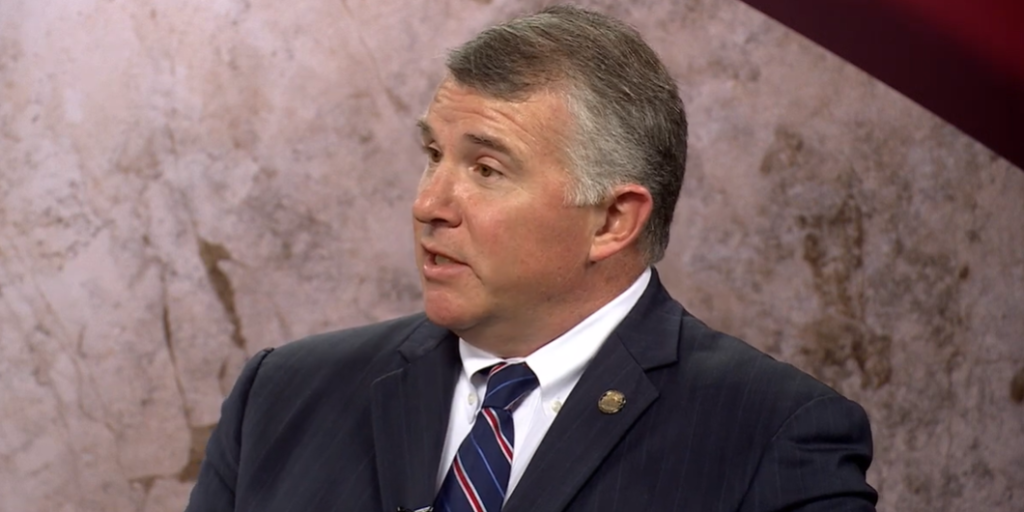
By Sandi Jacobs
The sentiment that there are no greater critics of ineffective teachers than effective teachers is one I’ve always thought to be true. I found it true when I was a teacher for nearly a decade and I find it true today in my work at the National Council on Teacher Quality (NCTQ).
What seems like common sense is backed up in a 2012 study that found that a major reason why excellent teachers left teaching was due to the minimal effort administrators made to retain those doing great work and the inability to dismiss low-performing teachers.
Given this, why then do a handful of states continue to hold on to outdated policies that enshrine a quality-blind system for teachers?
Recently, NCTQ conducted a 50-state analysis of teacher evaluation and effectiveness policies that highlighted the tremendous movement in teacher effectiveness state policies over the last several years. In 2009, 15 states required teacher evaluations to include objective measures of student achievement; now, 43 states have this requirement. The number of states that require teacher performance to inform tenure decisions has risen from no states in 2009 to 23 states today.
Where does Alabama fit into this picture? Unfortunately, the state remains one of those that continues to treat all its teachers, at least through a policy lens, as a monolithic group with no differences in performance. Alabama is one of just eight states that does not require student achievement data to be part of teacher evaluations in state law, and one of 26 states that awards tenure virtually automatically.
Policies like these hold states back from formalizing meaningful avenues for all teachers to hear constructive feedback on their performance and further develop their practice. As a result, teachers and, most importantly, their students are shortchanged.
Of course, when changing these policies requires such an about-face like it does in Alabama, it’s completely understandable that teachers may feel wary. But while change is justifiably disconcerting for those it affects the most, the only way to overcome that fear is to go through the process of that change. Just ask teachers in Tennessee: when the state’s new evaluation system was introduced in 2012, a survey of teachers found that only 38 percent said that evaluations improved teaching and only 28 percent said evaluations improved student learning. By 2014, those numbers had increased to 68 percent and 63 percent, respectively. To be effective, new policies require buy-in from teachers, but that trust can only be built when policy changes are implemented and faced head on.
Teaching is already difficult work. Why make it harder for those who excel in the profession to be recognized and rewarded for their performance? And why not do everything we can to help all teachers continue to grow, develop and improve their craft? Now is the time for Alabama to change its state teacher quality policies so that all teachers have the opportunity to thrive in the classroom and be recognized for their achievements.
Sandi Jacobs is Senior Vice President for State and District Policy for the National Council on Teacher Quality












